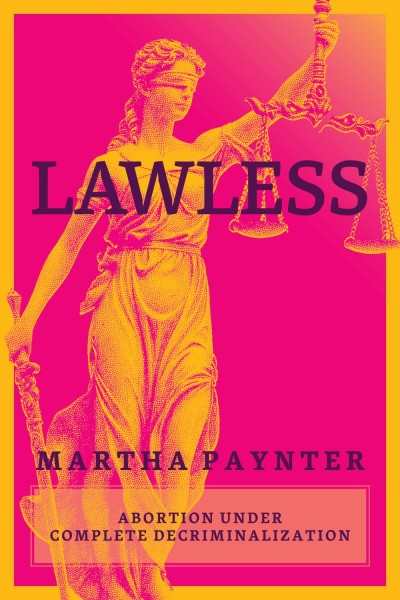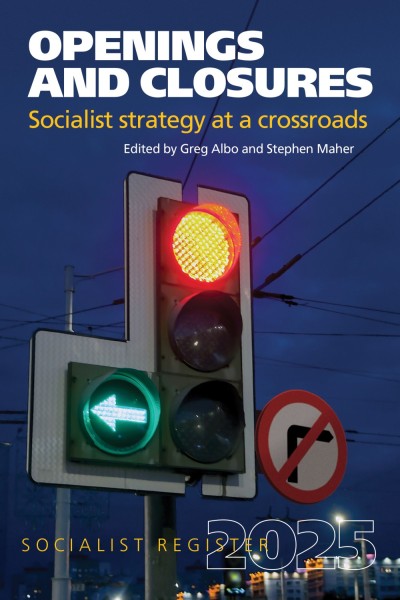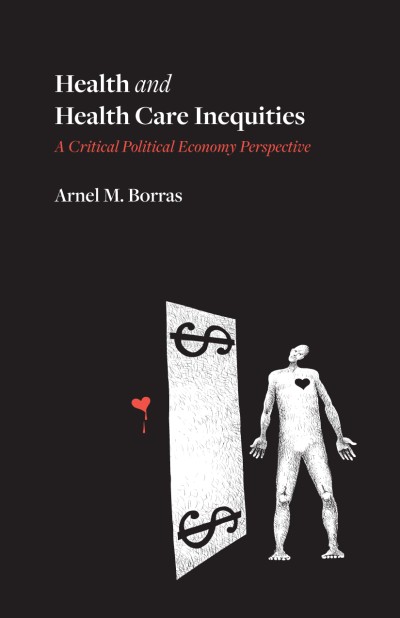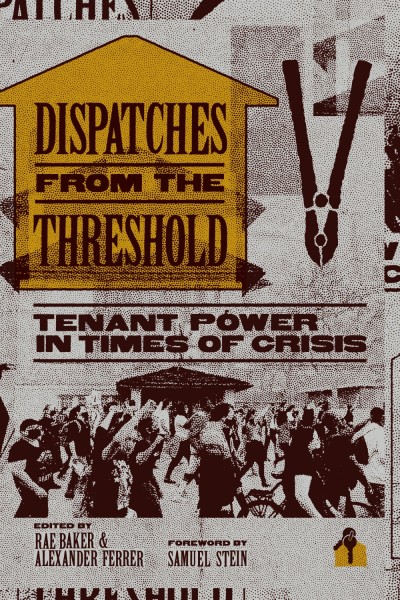
Unravelling Research
The Ethics and Politics of Research in the Social Sciences
A bold and urgent intervention that grapples with the ethics and politics of social science research practice, focussing on ethical challenges and dilemmas faced by marginalized scholars and researchers committed to equity and social justice.
About the book
Unravelling Research is about the ethics and politics of knowledge production in the social sciences at a time when the academy is pressed to contend with the historical inequities associated with established research practices. Written by an impressive range of scholars whose work is shaped by their commitment to social justice, the chapters grapple with different methodologies, geographical locations and communities and cover a wide range of inquiry, including ethnography in Africa, archival research in South America and research with marginalized, racialized, poor, mad, homeless and Indigenous communities in Canada. Each chapter is written from the perspective of researchers who, due to their race, class, sexual/gender identity, ability and geographical location, labour at the margins of their disciplines. By using their own research projects as sites, contributors probe the ethicality of long-established and cutting-edge methodological frameworks to theorize the indivisible relationship between methodology, ethics and politics, elucidating key challenges and dilemmas confronting marginalized researchers and research subjects alike.
Feminism, Gender & Sexuality Research & Theory Sociology Urban Studies
What people are saying
Mehmoona Moosa-Mitha, Associate Professor University of Victoria“This book makes a serious advance in the state-of-the-art research; namely in its commitments to undertake a decolonial, intersectional analysis of the politics and ethics of research.”
Sobia Shaheen Shaikh, School of Social Work, Memorial University of Newfoundland“Without a doubt, this volume constitutes a major contribution to the research literature. Its primarily Canadian content, from the perspective of academics who are marginalized, is unique, and the pan-cultural reach of the literature is definitely unique.”
Sherene H. Razack, University of California, Los Angeles (from the Afterword)“The scholars in this book make it their mission to find an ethical place to stand in social science research even as they acknowledge its impossibility and never stop worrying. Displaying an attentiveness to the politics of knowledge production and an uncompromising accounting of their own complicities, the contributors offer tentative paths out of the bind posed by their inbetweenness.”
Contents
- Chapter 1 Introduction: Unraveling Research (Teresa Macías)
- Chapter 2 Latina Knowledge Production and the Ethics of Ambiguity (Vannina Sztainbok and Lorena M. Gajardo)
- Chapter 3 Dwelling in the Ethical Quicksand of Archival Research: Violence and Representation in the Telling of Terror Stories (Teresa Macías)
- Chapter 4 Accountability in Ethnographic Research: Researching the Making of White/Northern Subjects Through Anti-Black Racism while Brown (Leila Angod)
- Chapter 5 Racialized Discourses: Writing Against an Essentialized Story About Racism as a Practice of Ethics (Harjeet Kaur Badwall)
- Chapter 6 Mad Epistemologies and Maddening the Ethics of Knowledge Production (Brenda A. LeFrançois and Jijian Voronka)
- Chapter 7 Less Dangerous Collaborations? Governance through Community-Based Participatory Research (Julia Janes)
- Chapter 8 “Let Us Tell Our Story”: Deep Memory, Mnemonic Resistance, and the Failure to Witness in Research with Street Sex Workers (Caitlin Janzen and Susan Strega)
- Chapter 9 Digital Empires: The Re-Shaping of Consent and Notions of the Public (Anne O’Connell)
- Afterword Researchers of Good Will (Sherene H. Razack)
- Index


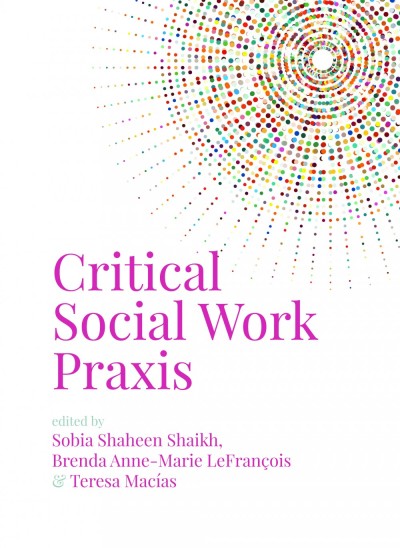
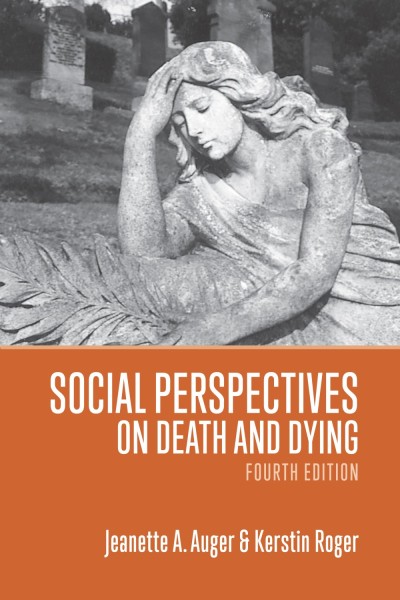
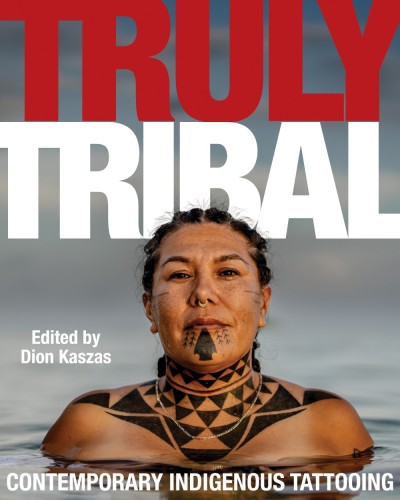

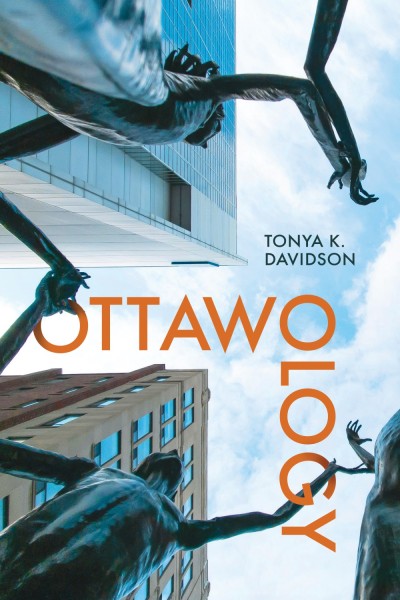
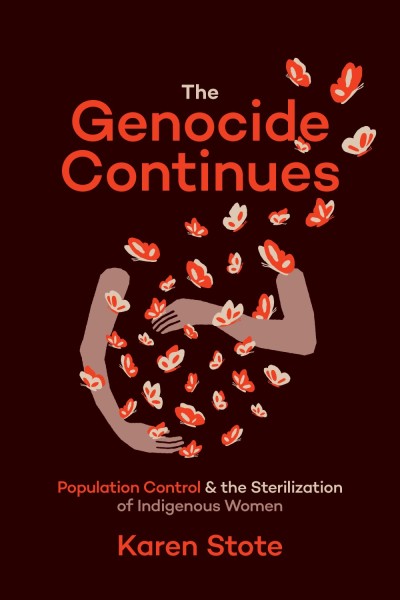
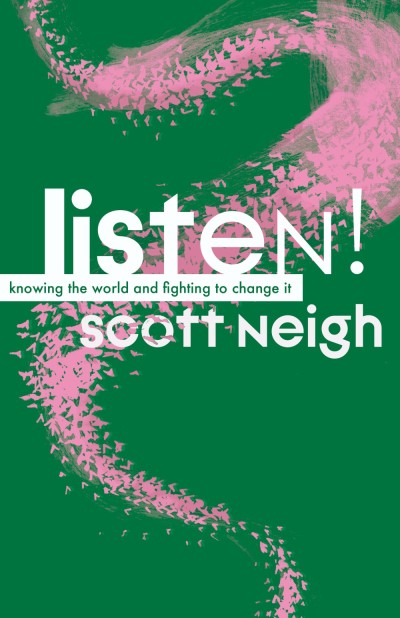
_cover-FINAL_400_600_90_s.jpg)
